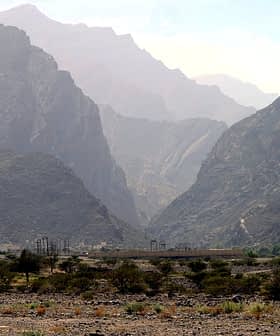
They’ve had enough. Pushed by the financial crisis and the recession, many big city dwellers in Greece are contemplating moving permanently to the rural territories of the country. According to a gallop held by Kapa Research on behalf of the Dimitra project, 51.5 percent of those people intend to enter the olive oil sector and become producers and exporters of standardized oil.
The explanation is quite simple: many of the urbanites have inherited and possess small olive groves which have flourished with practically no attention and provide the year’s olive oil for the family. Before the crisis, many thought that looking after the small family land was of no value, but today things have changed. Spending has been dramatically reduced due to the heavy austerity measures and family budgets have been sharply reduced. Any additional income is more than welcome.
Cultivating olive trees is not a highly demanding procedure — effort is required only at harvesting periods — and it allows farmers to have another occupation. A month’s work can give the year’s oil and maybe allow for some extra quantity to be sold.
Many of the farmers-to-be will also turn toward organic cultivation. In fact, they are likely already be applying organic methods without knowing it. The use of fly traps — not chemicals — is the dominant practice and organic fertilizer is already used because of its low cost. And since many of these new farmers bear business, economic or engineering degrees, they can bring new ideas about growing olive trees and extracting and exporting olive oil.
Today’s turbulent times can lead to unprecedented phenomena but common wisdom says that when things go wrong, look for the positive side. The revival of the rural can give extra momentum to the olive oil industry and especially to the suffering branded oil sector.








